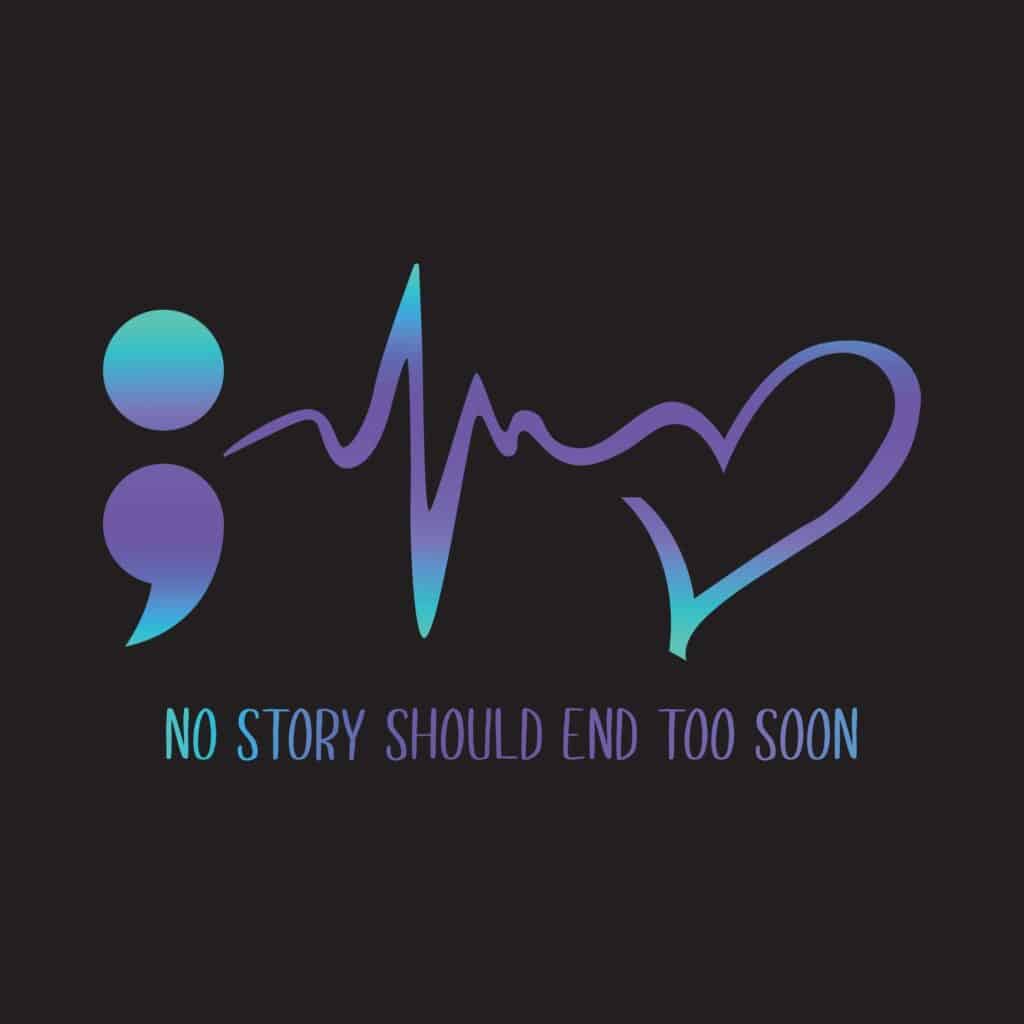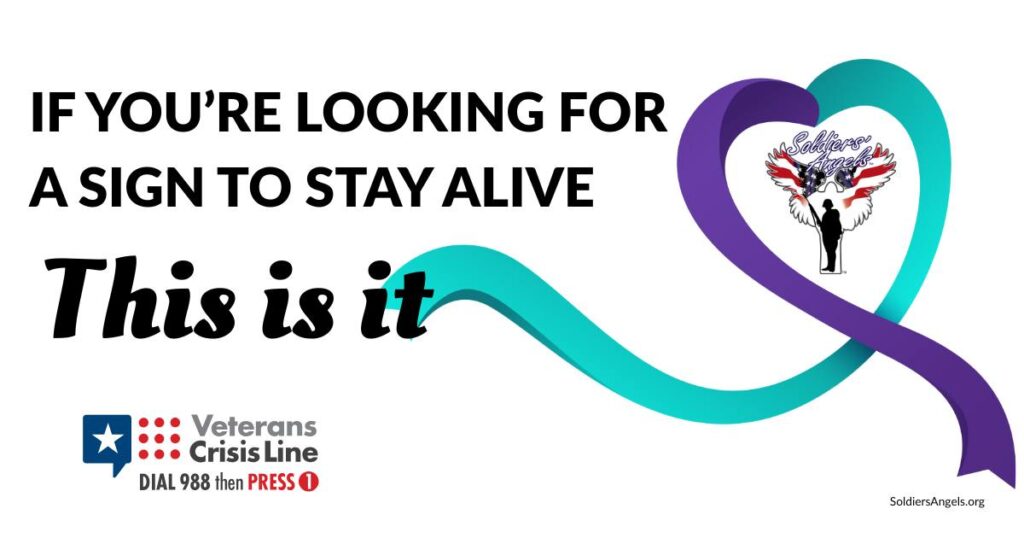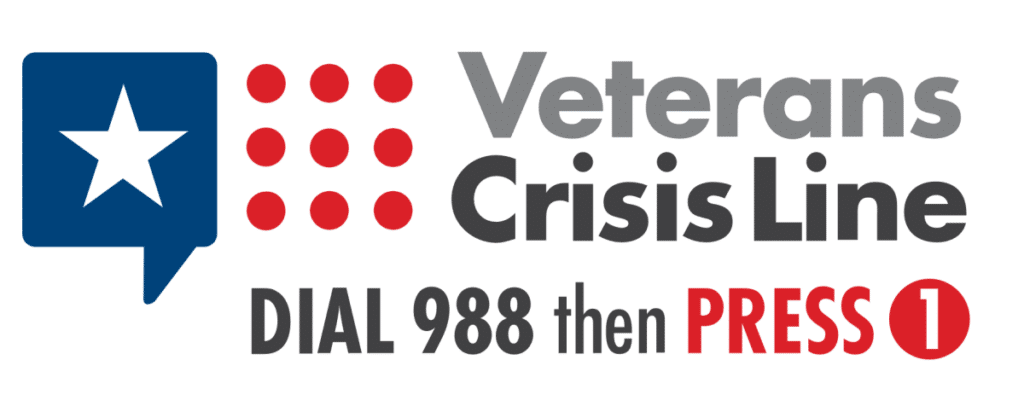Joining Them in Their Fight: Why We MUST Have a Hard Conversation About Veteran Suicide
September 30, 2025
Suicide. Pause for a moment and say the word out loud.
It’s a powerful word—one that doesn’t just land. It lingers, and it stirs something deep and disquieting within us. And maybe that’s why we avoid it. Maybe that’s why we don’t talk about suicide at parties or bring it up when we’re joined together at the dinner table.
It’s personal. Painful. Heavy.

But here’s the hard truth: We need to talk about suicide. Why? Because our Veterans are dying. By the tens of thousands, they’re dying by suicide. Not on foreign soil. But here at home—by their own hand, fighting a war within.
Soldiers’ Angels believes in addressing the whole picture when it comes to suicide prevention among the military community. However, we often wonder if we can do more for our Veterans when it comes to this troubling issue.
So the question becomes, What can we do to join them in their fight?
The truth is: we’re learning. But, we do know this—we can start by having a hard conversation about Veteran suicide. It may be difficult, but we can no longer afford to be silent.
What the Statistics Reveal About Veteran Suicide
Many of us are familiar with the statistic that 22 Veterans die every day by suicide. However, the 2024 National Veteran Suicide Prevention Annual Report—the most current research we have available—found that the number is now closer to 18 Veterans a day.
Thankfully, we are seeing a decline (however slow) in the number of Veteran suicide deaths per year. Specifically, the number of suicide rates have declined among key groups, including a 24 percent drop among women Veterans. That’s fantastic news! However, we still have a lot of work to do.
For example, in 2022 alone, 6,407 Veterans died by suicide—a rate nearly twice that of non-Veteran adults.
This number isn’t just an arbitrary statistic to us. It’s a sobering reflection of thousands of lives lost—mothers and fathers, sons and daughters, battle buddies and friends.

These were people who served with honor but came home to fight a different kind of war. Not the one that makes headlines. The one waged in silence—against trauma, isolation, moral injury, and substance use. For many, the culture of silence and “suck it up” becomes a prison.
That’s why we’re having this hard conversation. Because healing begins when silence ends.
What is the VA Doing to Prevent Veteran Suicide?
When we talk about Veteran suicide, many people want to know what the Department of Veterans Affairs is doing to help with prevention. The answer is that they are doing far more than most people realize. It’s important to know that the top clinical priority at the VA is preventing Veteran suicide.
The VA’s approach is comprehensive, spanning crisis intervention, clinical care, community outreach, and research.
One of the most powerful tools the VA has developed in recent years is the REACH VET program—short for Recovery Engagement and Coordination for Health – Veterans Enhanced Treatment. It’s not just another mental health initiative. It’s a game-changer.
REACH VET uses predictive analytics to identify Veterans who are at the highest statistical risk for suicide. That means Veterans can receive support before they hit a breaking point. Before the silence sets in. Before the war within becomes overwhelming.
Learn more about REACH VET.
Learn more about the VA’s National Strategy for Preventing Veteran Suicide.

What Can We Do to Help Prevent Veteran Suicide?
Talking about Veteran suicide is only the beginning. If we truly want to support our military community, we must be willing to take action—especially when we see someone struggling. That starts with knowing the warning signs to look for and understanding that it’s okay to ask the hard question:
“Are you thinking about killing yourself?”
Yes, it’s okay to ask a Veteran this directly. It may feel uncomfortable, but asking can save a life. Research shows that asking about suicide does not increase risk—it opens the door to connection and support.
Warning Signs to Watch For:
Suicidal thoughts often hide in plain sight, masked by subtle changes in behavior, mood, or language. Recognizing the warning signs is one of the most powerful ways we can intervene early and offer support before a crisis unfolds.
Here are some signs to watch for in the people you care about—especially our Veterans:
- Expressing hopelessness or feeling like a burden
- Withdrawing from friends, family, or activities
- Sudden mood changes—especially calmness after deep distress
- Talking about death, dying, or suicide
- Increased use of alcohol or drugs
- Giving away possessions or saying goodbye
- Reckless or risky behavior
- Trouble sleeping or sleeping too much
- Loss of interest in things they once cared about
Know the warning signs. Offer encouraging words. Listen without judgment. Ask direct questions. Know and share crisis resources. This is how we join them in their fight to help to prevent Veteran Suicide. If something feels off, trust your gut. Reach out.
What to Do If You’re Concerned:
If you’ve noticed warning signs of suicide in a Veteran—or anyone—you care about, it’s natural to feel unsure of what to do next. But your concern is powerful, and your response could save a life.
This section is here to guide you through practical, life-affirming steps you can take when someone is struggling. From knowing how to ask the hard question, to connecting them with crisis support and ongoing care, these resources are designed to help you show up with courage, clarity, and compassion:
- Be Informed: Learn the 5 Action Steps to Help Someone Having Thoughts of Suicide from The National Institute on Mental Health.
- Help is Available for Family and Friends: REACH VET.
- Contact the Veterans Crisis Line: It’s available 24/7 and completely confidential. The Crisis Line is available to Veterans who need help, but it is also there to help concerned friends and family members who are navigating a crisis with a loved one. You can Dial 988, then press 1. Or, you can text 838255. Or, you can visit VeteransCrisisLine.net.
- Encourage Veterans to Seek Help: The VA has extensive mental health care services for Veterans. However, even if a Veteran is not enrolled in VA health care, they may still be eligible for free emergency mental health services under the COMPACT Act. Let them know that help is available, and that they don’t have to fight their battle alone.
- Stay Close—Even When It’s Hard: Sometimes, the mind lies. It will tell someone who is having suicidal thoughts that their loved ones would be better off without them. Your presence and your check-ins remind hurting Veterans that they matter—and those actions can be life-saving.

Final Thoughts: Say the Word, Start the Conversation
The word suicide is heavy, but silence is heavier. The more Light we shine on the dark places where suicidal thoughts live and thrive, the better chance we have to win the fight against Veteran suicide.
A 2021 study by Brown University’s Costs of War Project reported that approximately 30,177 active-duty Service Members and Veterans of post-9/11 conflicts have died by suicide, a figure that is more than four times the number of Service Members actually killed in combat during that same period, which totaled 7,057.
That statistic should stop us in our tracks. It means the battlefield isn’t just overseas—it’s here, in our neighborhoods, our families, our communities. And it’s invisible.
That’s why we must keep talking about suicide. Not to sensationalize it, but to strip it of shame. Because when we name the pain, we make space for healing. And when we speak up, we remind every Veteran still fighting the war within: you are not alone, and your life matters.

About the Author

Bethany Heinesh is a proud Marine Corps Veteran living in San Antonio, Texas. Bethany holds a Master of Arts in Administration-Communication Arts from the University of the Incarnate Word and a B.A. in Public Relations (Minor Religious Studies) from the University of Houston.


